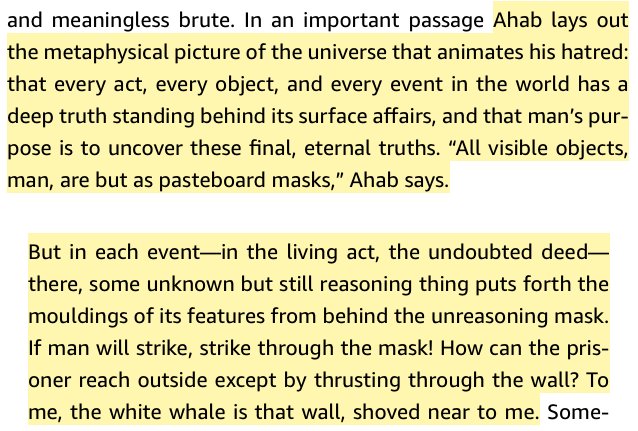
Better ways of thinking, feeling, and acting—around problems of meaning and meaninglessness; self and society; ethics, purpose, and value.
2 subscribers
How to get URL link on X (Twitter) App

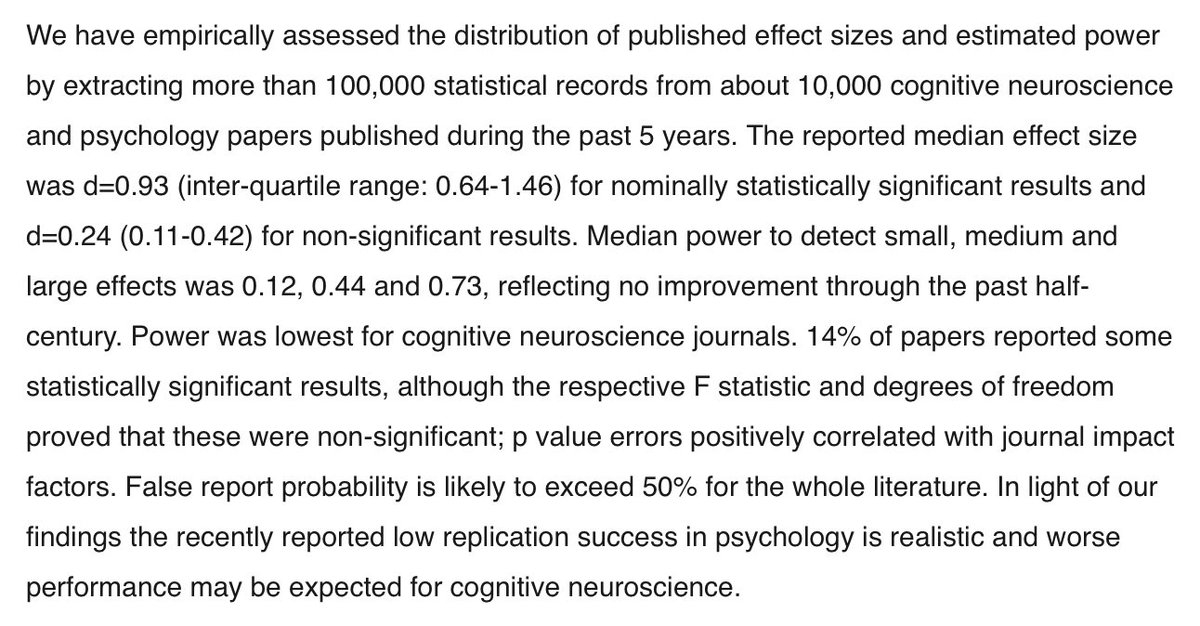
https://twitter.com/Meaningness/status/3070838465564712972️⃣ Today @HPluckrose, @ConceptualJames & @peterboghossian reported on the first multiple-Sokaling. They were successful in publishing nonsense in top-ranked journals (which comes as no surprise, but is great to have verified).
https://twitter.com/AreoMagazine/status/1047292046073950208
https://twitter.com/everytstudies/status/10426601787961425922️⃣ “Representation” and “reference” are other major trouble sources. In CS, each is a relationship between perfectly crisp software things; elsewhere, at least one end of the relationship is nebulous, in the world.

https://twitter.com/kakape/status/1030512270890151936
 As soon as I read that Sato’s frauds were in the area of osteoporosis, I thought “oh god, that probably explains THAT” and googled before reading on. Why yes indeed. And then later in the article, this:
As soon as I read that Sato’s frauds were in the area of osteoporosis, I thought “oh god, that probably explains THAT” and googled before reading on. Why yes indeed. And then later in the article, this: 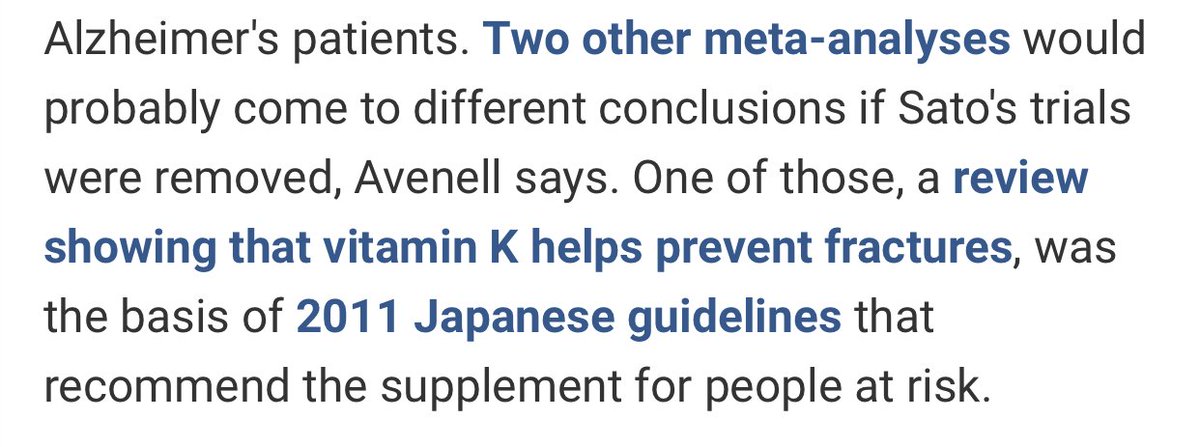
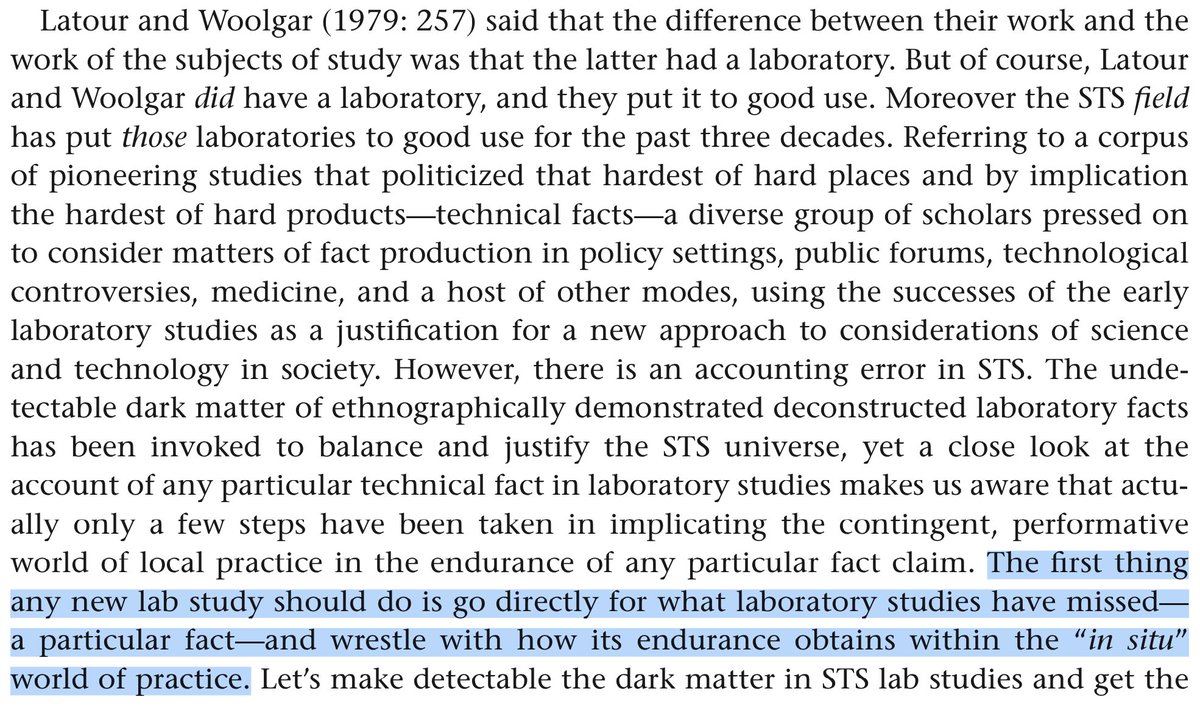
 Sormani’s first-ever observation of the discovery/construction of a fact (multiband superconductivity in PbMo₆S₈) was greeted with:
Sormani’s first-ever observation of the discovery/construction of a fact (multiband superconductivity in PbMo₆S₈) was greeted with: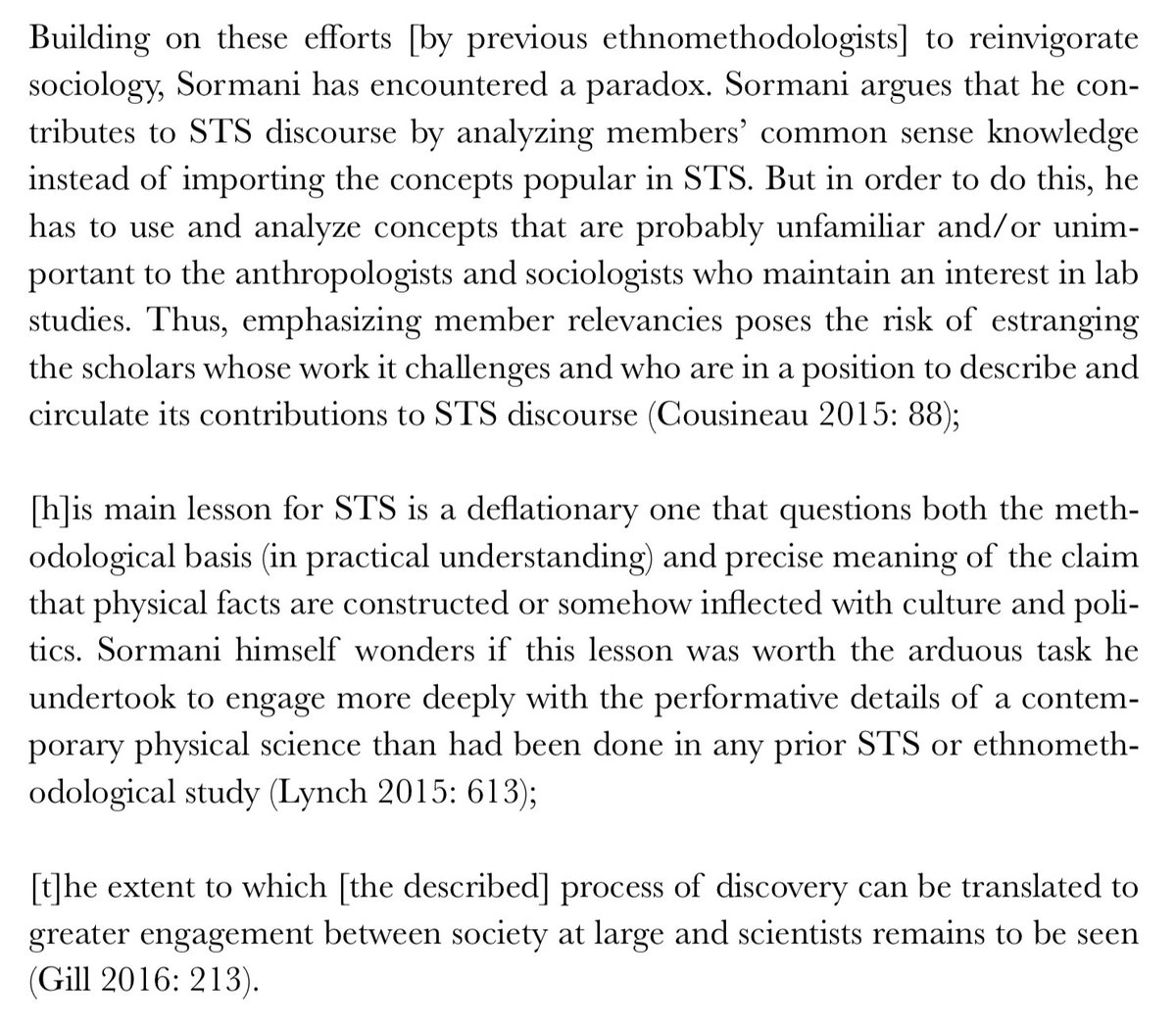
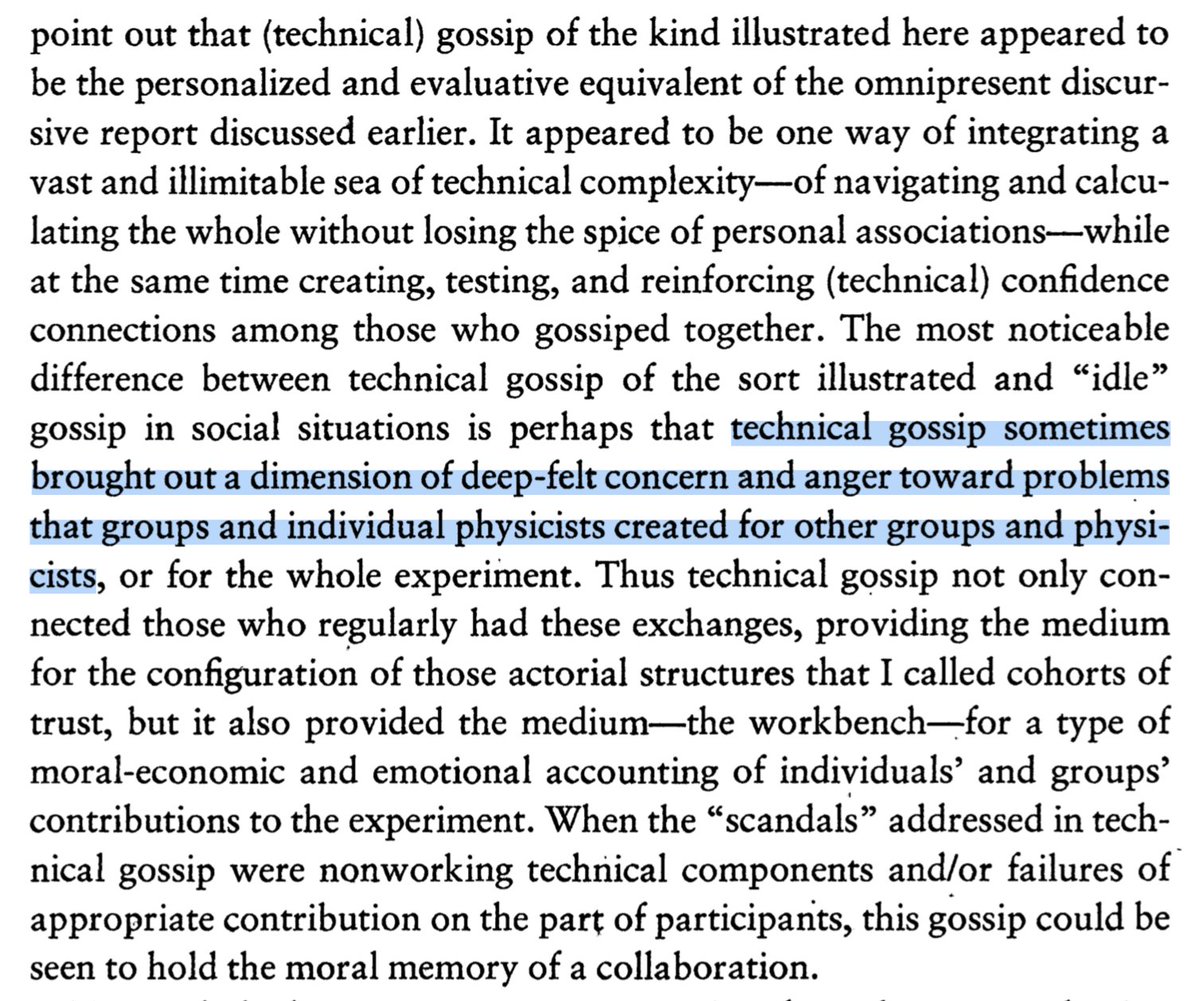
 Nearly all published technical results are nonsense, so figuring out whose stuff is worth reading is much of the job if you want to produce meaningful results yourself.
Nearly all published technical results are nonsense, so figuring out whose stuff is worth reading is much of the job if you want to produce meaningful results yourself.
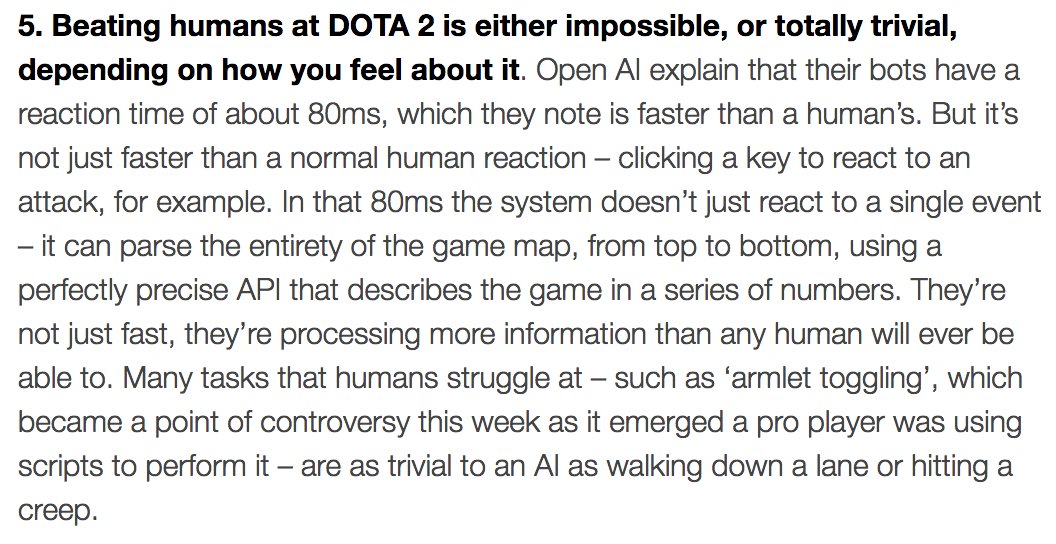
https://twitter.com/Aelkus/status/1011988370661232640Unlike the DOTA 2 bot, the videogame-playing AI systems I wrote in the late ‘80s interfaced with the game via a neuroscience-inspired vision system. That was a deliberate constraint on their performance, and central to the architecture.

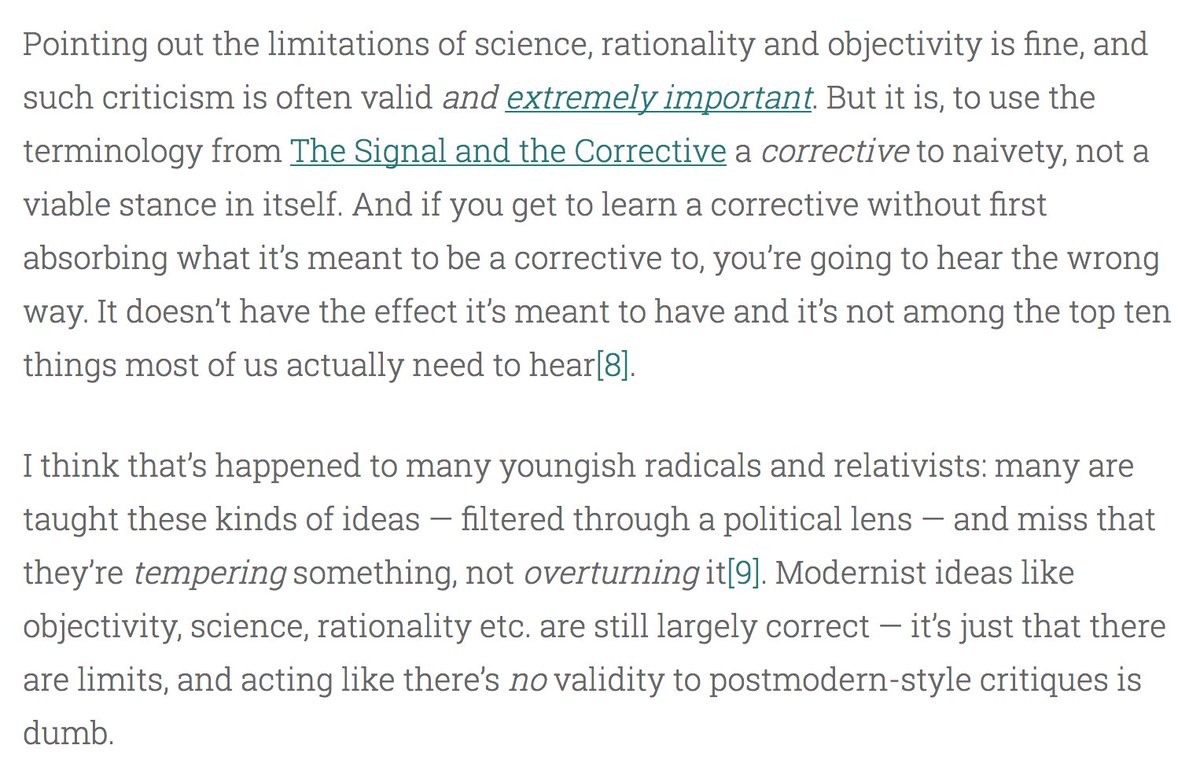
 The replication crisis can be understood as, in part, science finally colliding with postmodernity—not the ideology, postmodernism, but the hard fact that the Grand Narrative of Scientific Progress as *automatic* is no longer credible.
The replication crisis can be understood as, in part, science finally colliding with postmodernity—not the ideology, postmodernism, but the hard fact that the Grand Narrative of Scientific Progress as *automatic* is no longer credible.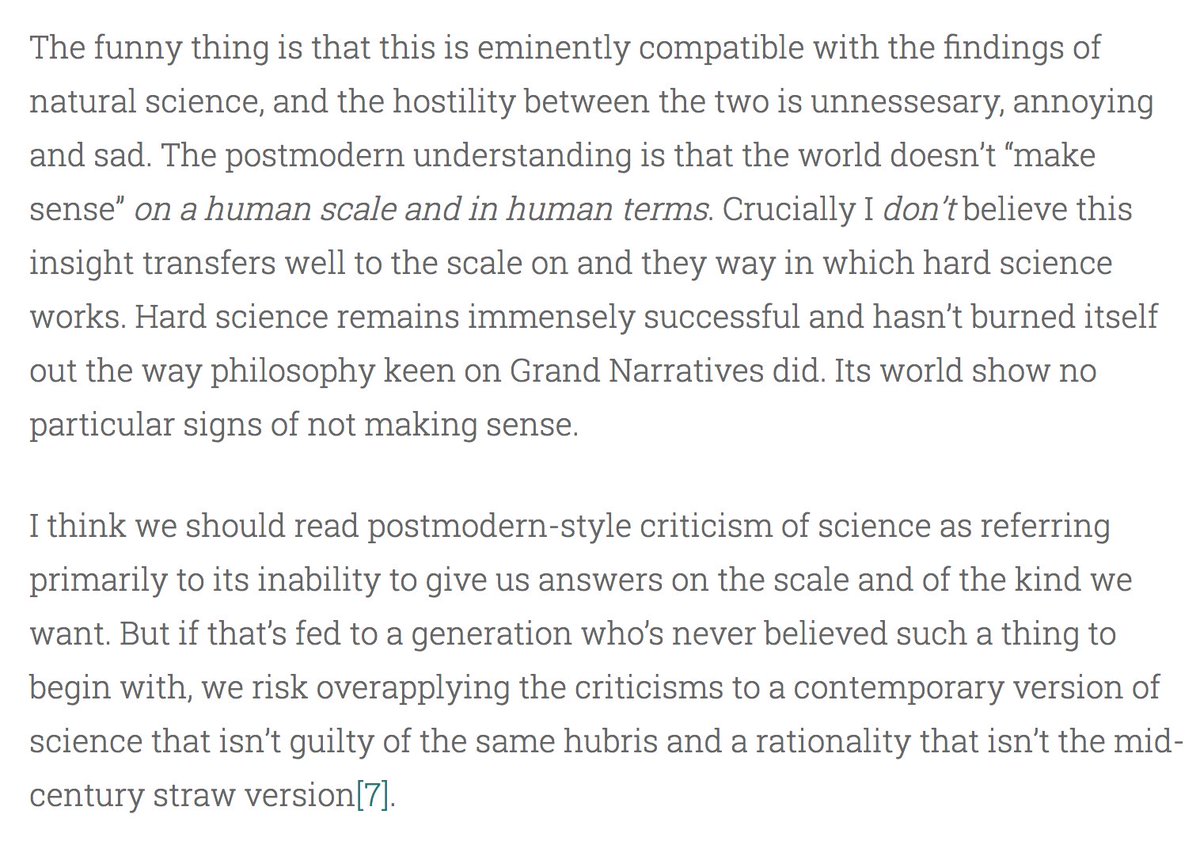
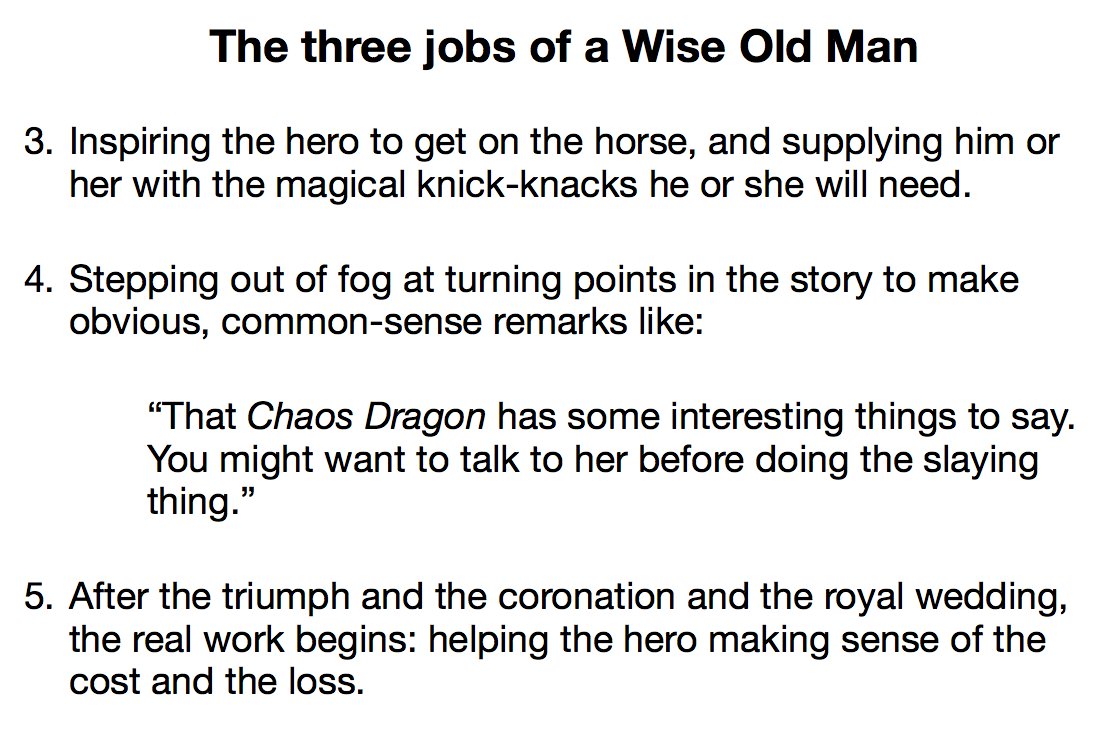
 Talk in the marketplace is that @jordanbpeterson is doing job #3 well for some.
Talk in the marketplace is that @jordanbpeterson is doing job #3 well for some.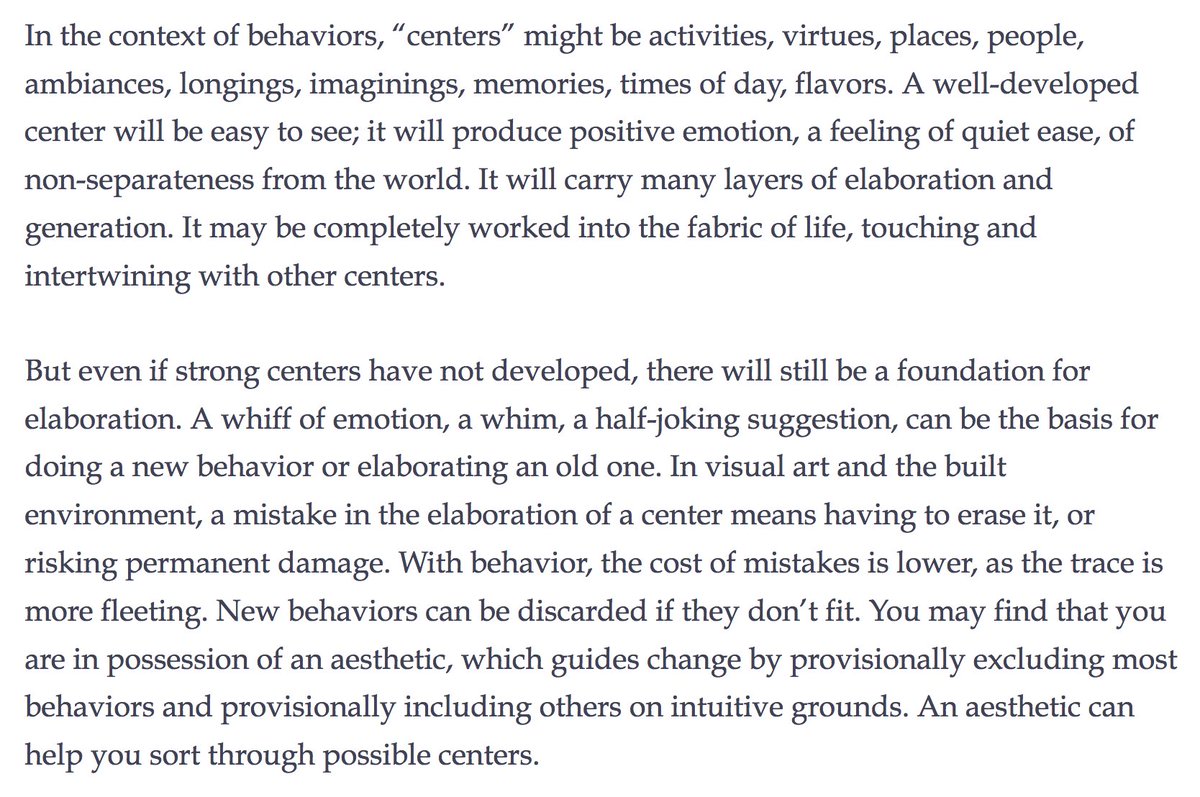
 “Dzogchen,” literally “great completion,” describes enlightenment in Vajrayana Buddhism.
“Dzogchen,” literally “great completion,” describes enlightenment in Vajrayana Buddhism.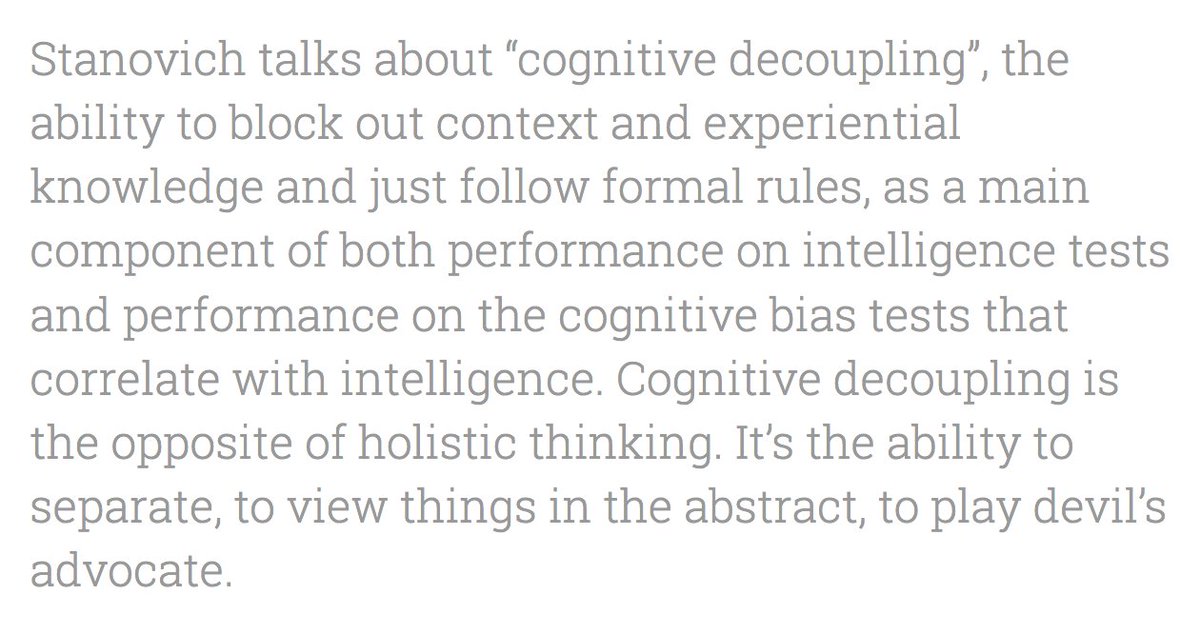
Since @everytstudies’ post is long, and has prompted some interesting discussion: here is Sarah Constantin’s explanation of “cognitive decoupling.” It’s an aspect of systematic rationality, focusing on limiting inference. srconstantin.wordpress.com/2014/06/09/do-…
External Tweet loading...
If nothing shows, it may have been deleted
by @everytstudies view original on Twitter

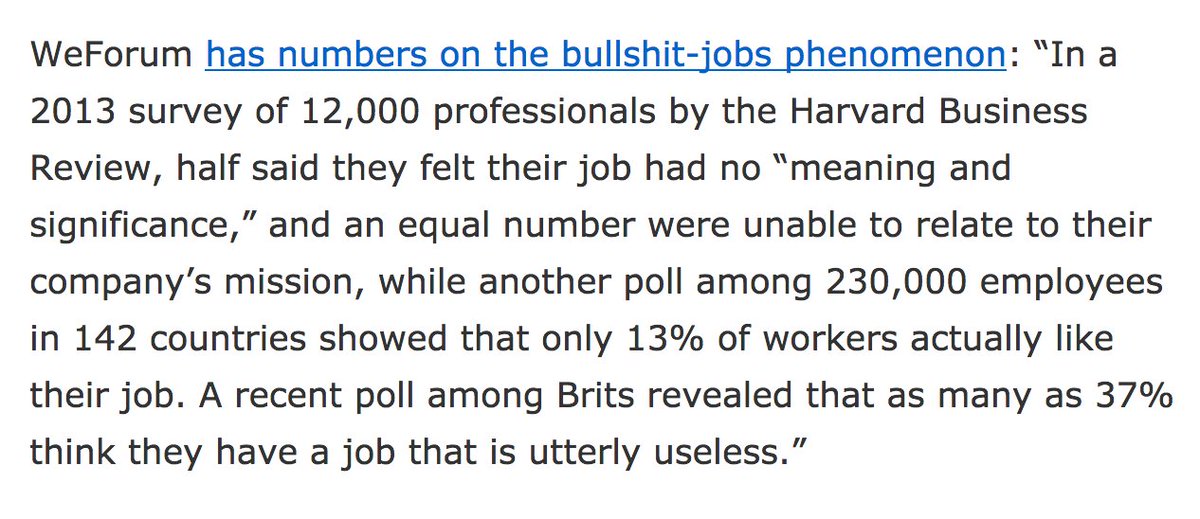
2/ It’s tax season in the US, so everyone in the country is forced to spend a couple days doing administrative work we hate and consider idiotic.
External Tweet loading...
If nothing shows, it may have been deleted
by @literalbanana view original on Twitter
External Tweet loading...
If nothing shows, it may have been deleted
by @Meaningness view original on Twitter
